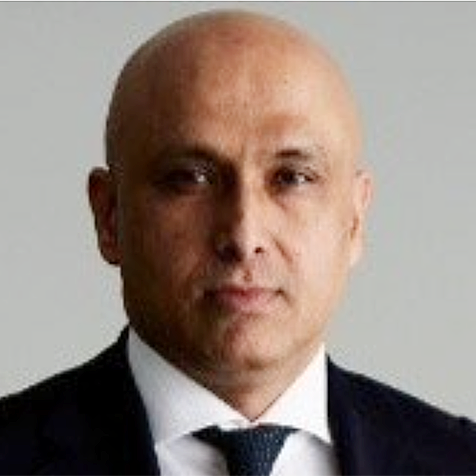Hong Kong’s Financial Services and Treasury Bureau (FSTB) and the Securities and Futures Commission (SFC) are paving the way for regulations that will allow security token offerings (STOs) as an alternative to traditional fund-raising channels.
STO, an instrument that uses blockchain technology to convert physical assets into digital format, has been gaining interest among investors with the growing popularity of cryptocurrencies, particularly Bitcoin, and other digital assets.
A joint white paper issued by Deloitte, the University of Hong Kong Asian Institute of International Financial Law, and digital exchange HKbitEx, says their market surveys show that investors are interested in investing in a number of asset classes by way of STOs, including traditionally illiquid assets, equities, and funds not currently available in Hong Kong. The findings of the white paper are based on consultations with potential security token issuers, investors and intermediaries in the city, on the development of a local STO market.
The growing interest from the investor community has prompted the FSTB to conduct a public consultation on November 4 2020 to seek views on a legislative proposal to introduce a new licensing regime for virtual assets service providers.
Investor protection
“With the new proposal, the proposed regulations are meant to cover virtual assets services providers that trade non-securities virtual assets as well (e.g., cryptocurrencies) under the Anti-Money Laundering Ordinance (AMLO). It is broadly welcomed by the market as it is seen as a big step to protect investors' interest and enable the healthy, continuous development of a virtual asset sector in Hong Kong,” says Douglas Arner, professor in Law at the University of Hong Kong, during the presentation of the white paper.
Before the FSTB public consultation, the SFC issued its own position paper on November 6 2019 where it set out a new regulatory framework for virtual asset trading platforms, stating that such platforms operating in Hong Kong and offering the trading of at least one security token may now apply to be licensed by the SFC under an opt-in scheme. The operator would fall within the jurisdiction of the SFC and require a licence for Type 1 (dealing in securities) and Type 7 (providing automated trading services) regulated activities.
So far only one such licence has been issued by the SFC, to OSL, Asia’s leading digital asset platform and a member of BC Technology Group, on August 21 2020.
STOs can be a cheaper alternative to traditional fund-raising channels which are most effective for certain types of companies, such as mature companies in established industries or, more recently, technology and biotech companies.
“In Hong Kong, these channels are also built on financial infrastructure created decades ago, and the accompanying inefficient payment and settlement systems, for example, increase the costs associated with fundraising. In addition, identifying beneficial security holders is time-consuming as registrars only record details of the nominee security holder despite the fact that the G20 has agreed to implement beneficial ownership transparency requirements,” according to the white paper.
“For investors, STOs bring alternative opportunities for portfolio diversification. They also enable investors with less capital to participate in the growth of large pre-IPO companies, an opportunity often reserved for institutions and high net worth individuals. This helps to promote a fairer financial world,” says Lin Shi, chief operating officer at HKbitEX.
Enormous market
The market potential for tokenization is enormous. In real estate, for example, the private market is 32 times larger than the public market. Total funds raised globally from STOs now exceed US$360 million and the addressable market in Asia covering assets across bonds, private equity and real estate as well as structured finance stand at US$7.5 trillion.
Shi says that debt STOs will be the biggest contributor to the overall STO market going forward, followed by structured finance including mortgage-backed and asset-backed securities. “Bonds generally carry lower risk and fewer variable factors than equities, making them relatively easy to tokenize. They also have a much bigger potential market. In 2019, of the US$2.1 trillion of capital raised in the US, US$1.8 trillion was debt.”
However, for STOs to succeed, trading platforms will need to enhance credibility, investors to be educated, reputable traditional financial institutions to participate, and more importantly, a consistent global regulatory framework to be implemented.









